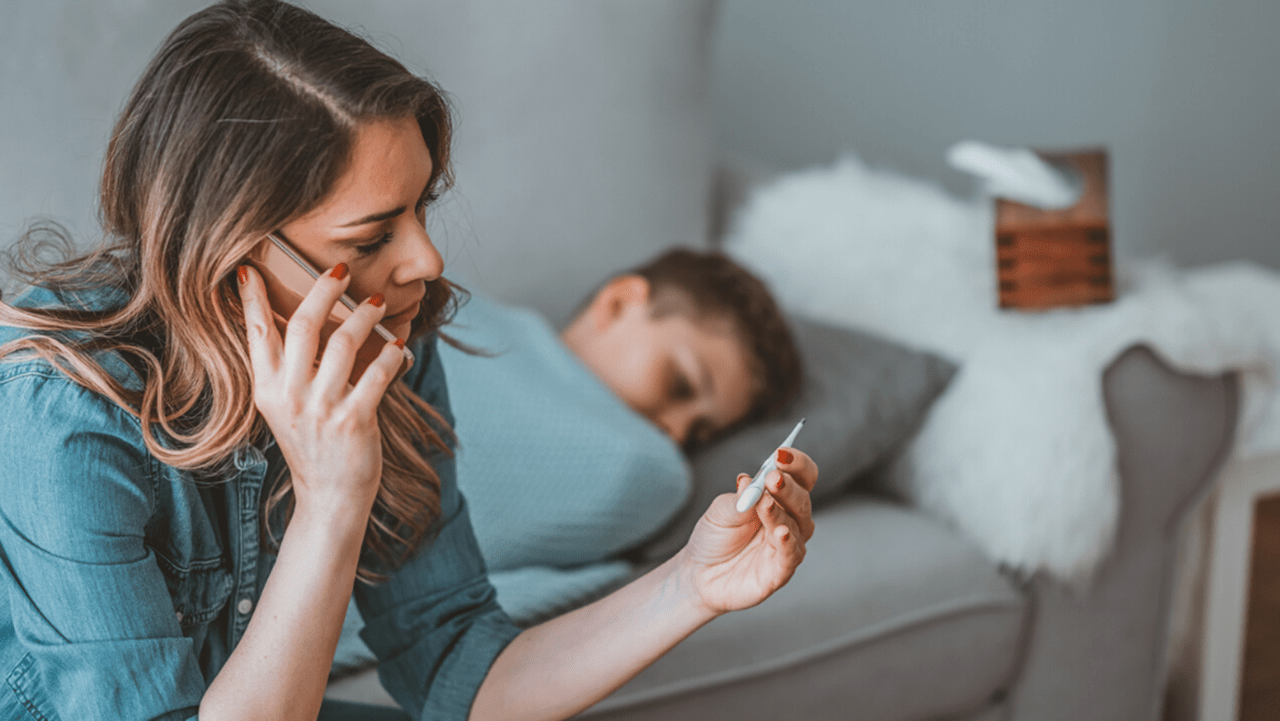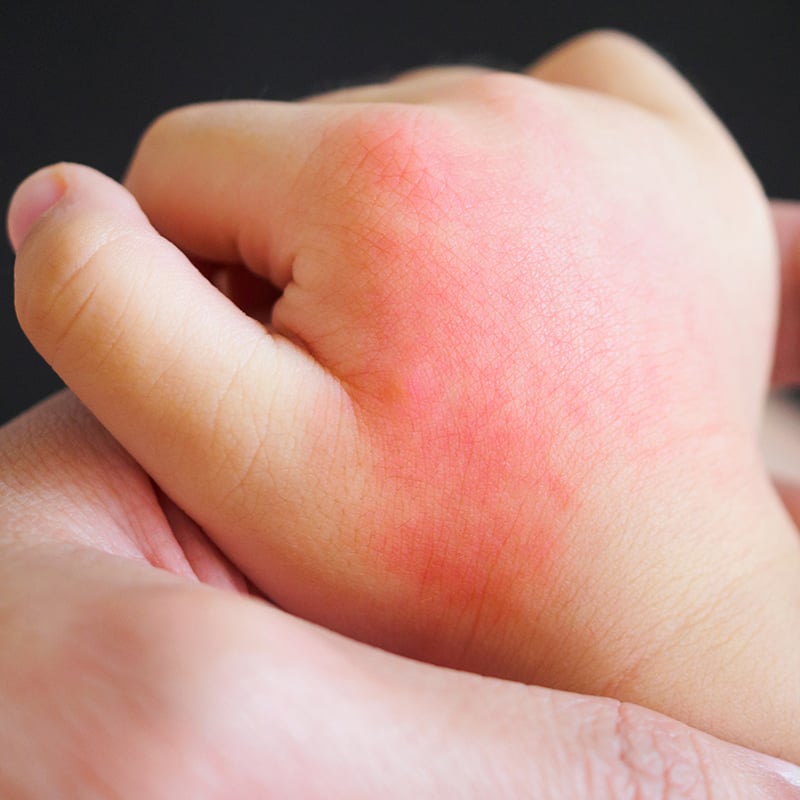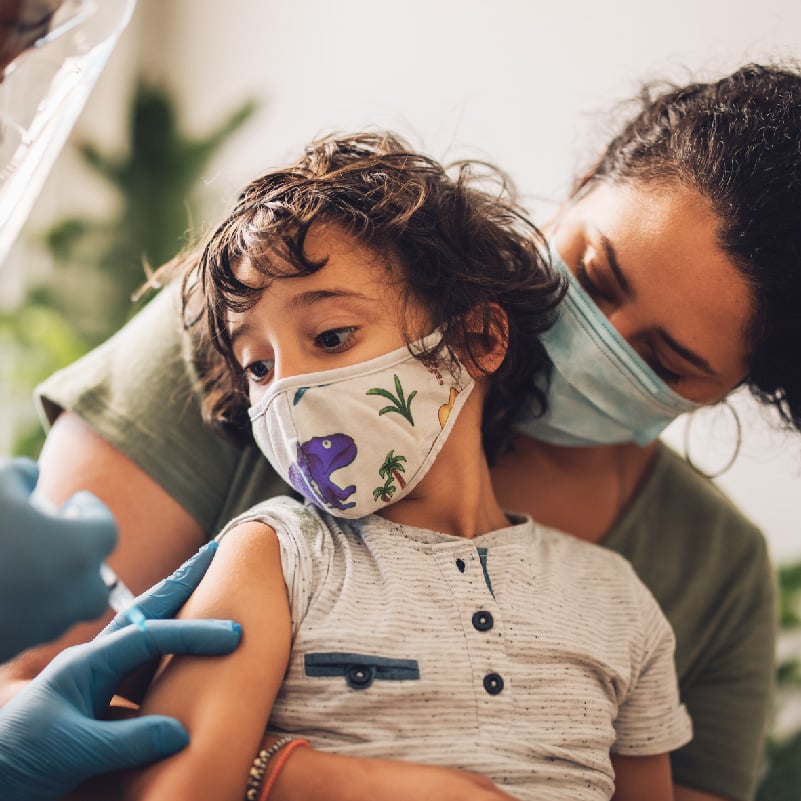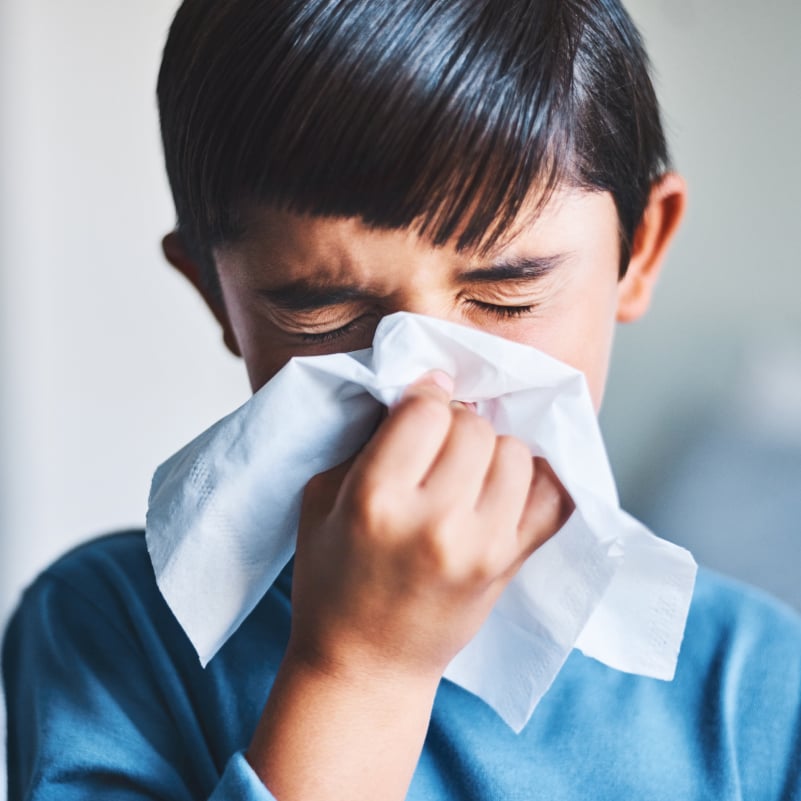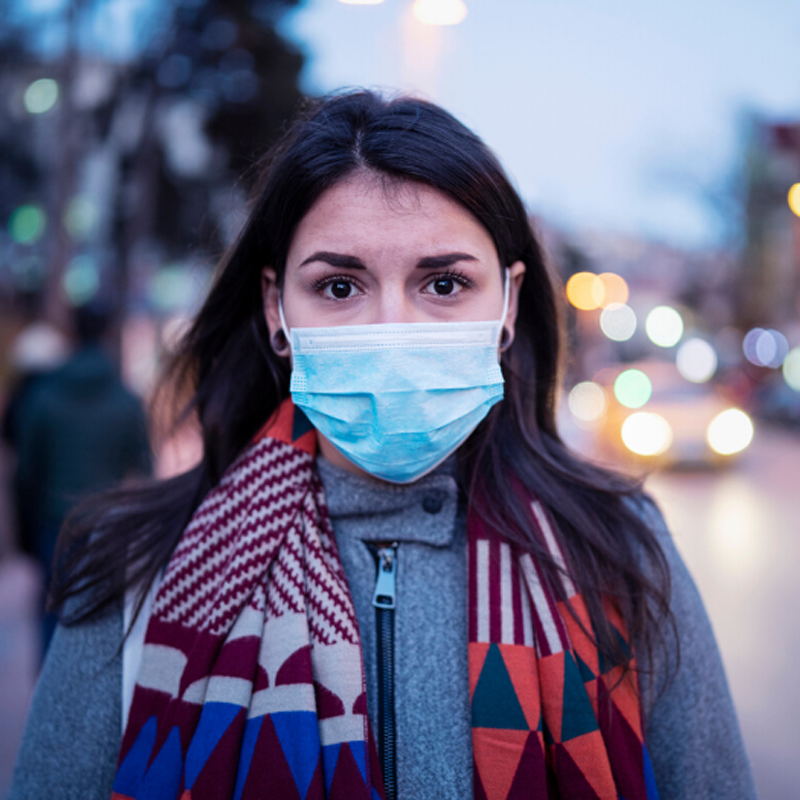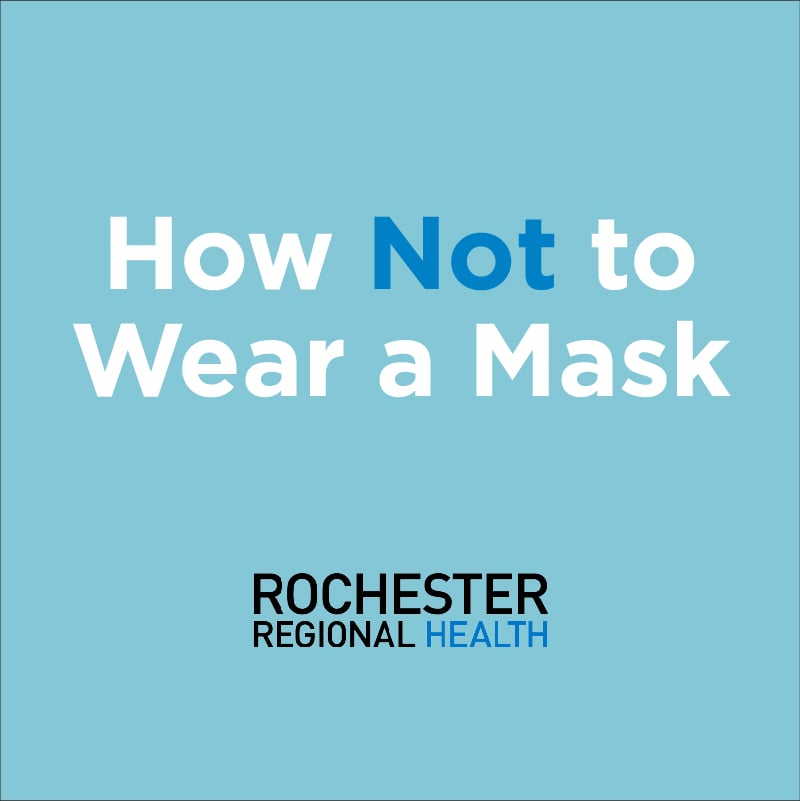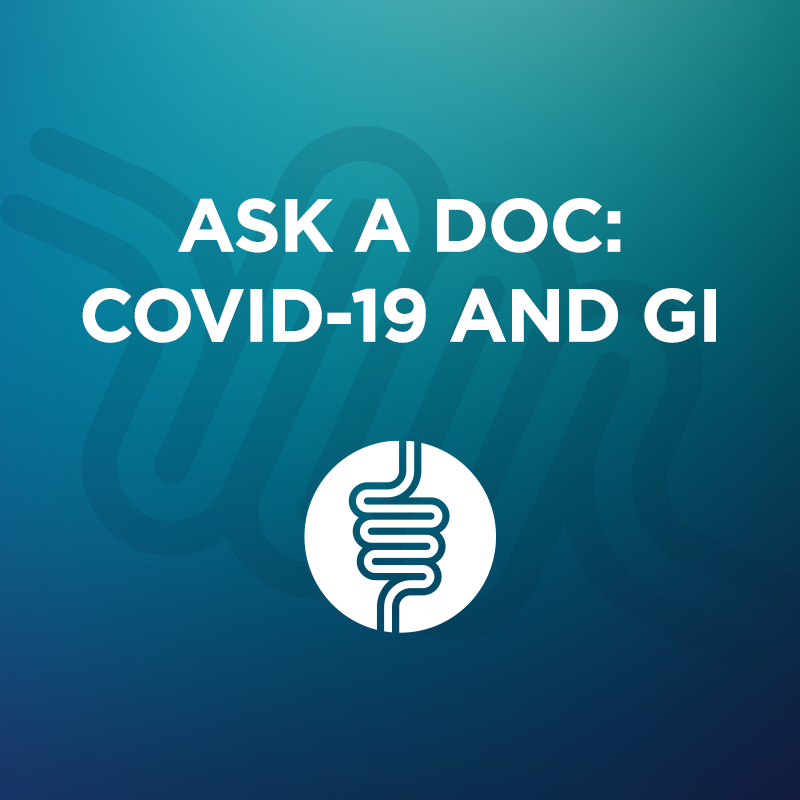As the weather cools down and more people begin to spend time indoors together, the chances of getting sick with a virus or respiratory illness of some kind start to increase. Three of the main sicknesses healthcare providers tend to see in the fall and winter months are flu, RSV, and COVID-19.
Our health experts explain how these illnesses are similar - and how they are different - when it comes to symptoms, how they spread, ways to prevent getting sick, and treating them.
Flu
Symptoms
Flu season typically runs from late October to early April in the U.S. If you have any of these symptoms, ranging from mild to severe, you might have the flu:
- fever
- cough
- body aches
- fatigue
- headache
- sore throat
Transmission
Most respiratory illnesses are spread from person to person through droplets in the air when an infected person sneezes, coughs, or talks in close proximity.
People with the flu are most contagious in the first 3-4 days after symptoms begin. However, healthy adults may sometimes infect others one day before symptoms show and up to 5-7 days after becoming ill.
Treatment
Getting plenty of rest and sleep are two of the best ways to help your body recover from the flu. To help with specific symptoms, using a humidifier or saline mist can help to relieve stuffy nasal passages. Acetaminophen can help to lower fevers and reduce pain from headaches and body aches. Warm drinks like tea or cold treats like popsicles can help to soothe a sore throat.
Drinking fluids is important as your body needs to be properly hydrated to continue healing.
Flu symptoms can also be treated with certain anti-viral medications. Check with your healthcare provider before taking anti-viral medications.
RSV
Symptoms
RSV, short for Respiratory Syncytial Virus, is a common and contagious virus that infects the respiratory tract. It's most common in children under the age of two, but older adults can also become infected. Symptoms of RSV often include:
- runny nose
- congestion
- cough
- fever
"RSV often looks like a cold at the beginning and then usually gets progressively worse," said Beth Ann Orlowski, DO, FAAP, Chief of Pediatrics at Newark-Wayne Community Hospital.
Transmission
RSV is often spread through droplets in the air by children in daycare or a learning environment where children are in close contact with each other. Adults can also spread it to children, and vice versa.
"Our children are more vulnerable to respiratory illnesses than adults," said Dr. LeKeyah Wilson, a pediatrician and Vice President of Community Health & Engagement with Rochester Regional Health. "We love when our children share, but they also share a lot of germs. They touch their nose, they rub their eyes, and they touch one another. They are contagious and share germs. Their lungs and airways are much smaller than adults, so they tend to get sick more than their parents."
Treatment
There are many different ways to treat RSV, and treatments depend on the severity of the infection. Over-the-counter medications can help bring down a fever and fluids can help rehydrate the body. Humidifiers are often used to thin mucus and open the airways; saline solutions and albuterol (inhaler) are helpful.
"Little kids don't know how to get rid of the mucus secretions, so our treatments help with that," Dr. Orlowski said.
COVID-19
Symptoms
Many COVID-19 symptoms are similar to the flu, including:
- fever
- body aches
- fatigue
- headaches
- runny nose
- sore throat
- loss of taste or smell
Both COVID-19 and flu can result in pneumonia, which is inflammation of the lungs in which air sacs fill with pus and may become solid.
Transmission
As a respiratory virus, COVID-19 is spread via airborne droplets when an infected person sneezes, coughs, or talks closely with another person.
Similar to the flu, people with COVID-19 are more contagious early on in their symptoms.
Treatment
For most people, getting plenty of rest and using over-the-counter medications to relieve symptoms are the best treatments for COVID-19. Some patients can take antiviral medications such as Paxlovid, remdesivir, or Lagevrio as recommended and prescribed by a provider. These medications are specifically created to provide relief from COVID-19 symptoms and are most effective when taken within 5 days of symptoms developing.
How to prevent flu, RSV, and COVID-19
There are several different ways that you can lessen your chances of getting sick with respiratory viruses like flu, RSV, or COVID.
- Staying home from work or school if you are sick
- Wash your hands thoroughly with soap and water - or hand sanitizer
- Wipe down frequently touched surfaces (door handles, keyboards, etc.) with disinfectant
- Increase fresh air flow indoors as much as possible
- Wear a mask in crowded public places
- Get a vaccine for flu, RSV, and/or COVID-19

